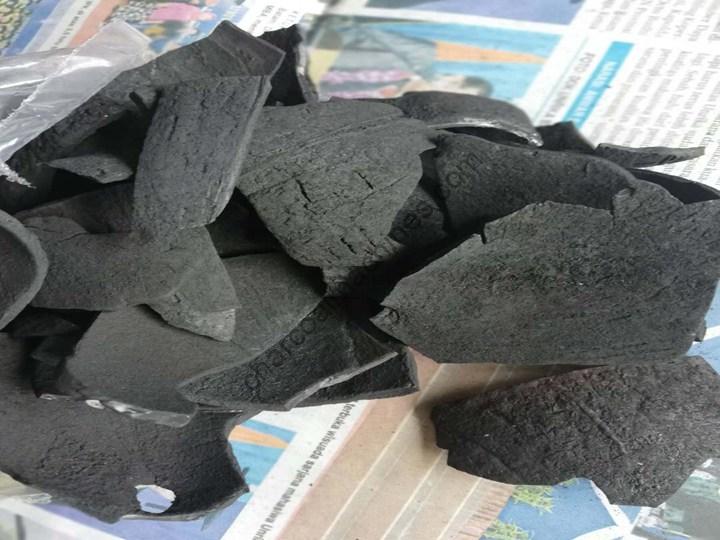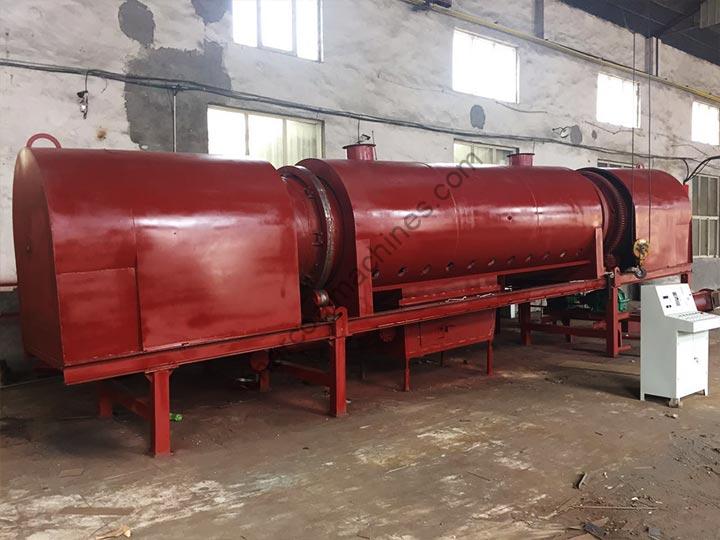Factors affecting the price of coconut shell charcoal
For most coconut shell charcoal producers, purchasing coconut shell raw materials is an important part of producing coconut shell charcoal. This is because the quality of coconut shell raw materials directly determines the price of coconut shell raw materials and also affects the quality of coconut shell charcoal.
How do we know the price of coconut shell?
As a professional charcoal machine manufacturer and global supplier, we have exported a large number of coconut shell carbonization equipment to many countries. In communicating with our customers of coconut shell charcoal processors, we have learned a lot about coconut shell sales and the details of the coconut shell charcoal business.

Especially, many of our customers are from Southeast Asian countries, such as the Philippines, Singapore, Indonesia, Thailand, Myanmar, etc. In addition to producing coconut shell charcoal, these customers also export large amounts of coconut shell to the Middle East and Europe.
The main producing area of coconut shell charcoal
Coconut shell carbon is mainly produced in Southeast Asian countries, such as the Philippines, Indonesia, Singapore, Malaysia, Thailand, Vietnam, Myanmar, and other countries. Among them, the quality and output of coconut shell charcoal in the Philippines and Indonesia are at the forefront.
How to make coconut shell charcoal?
Usually, coconut shell charcoal processors choose fresh and intact coconut shells as raw materials for carbonization. The moisture content of this coconut shell is usually relatively low. Then the coconut shell is sent to the coconut shell carbonization furnace for carbonization, and the carbonization temperature is generally about 500-700°C.

The finished product processed by this physical carbonization method is coconut shell charcoal. Charcoal producers usually sell these coconut shell charcoal directly, or further process the coconut shell charcoal.
Factors affecting the price of coconut shell charcoal
- Moisture content. That is, the percentage of moisture per unit weight. In theory, the less moisture content of coconut shell charcoal, the better.
- Volatile matter. When coconut shell charcoal is processed into activated carbon, due to the increase in temperature, some other substances in the water may become liquid and dissolve or gas volatilize. The volatilized water and gas plus the dissolved liquid are called volatiles. This parameter is directly related to the utilization of coconut shell charcoal, the smaller the parameter value, the better.
- Ash content. Ash content can be divided into acid-soluble matter and alkali-soluble matter, mainly including: silicon dioxide, aluminum oxide, iron oxide, calcium oxide, titanium dioxide, sulfur trioxide, etc. The ash content of coconut shell charcoal is high, and the smaller the active surface, the lower the adsorption. Ash content is the main factor affecting the adsorption of activated carbon.
- Fixed carbon. The weight of coconut shell charcoal minus volatile content and ash content is the fixed carbon content.

Yorum yok.